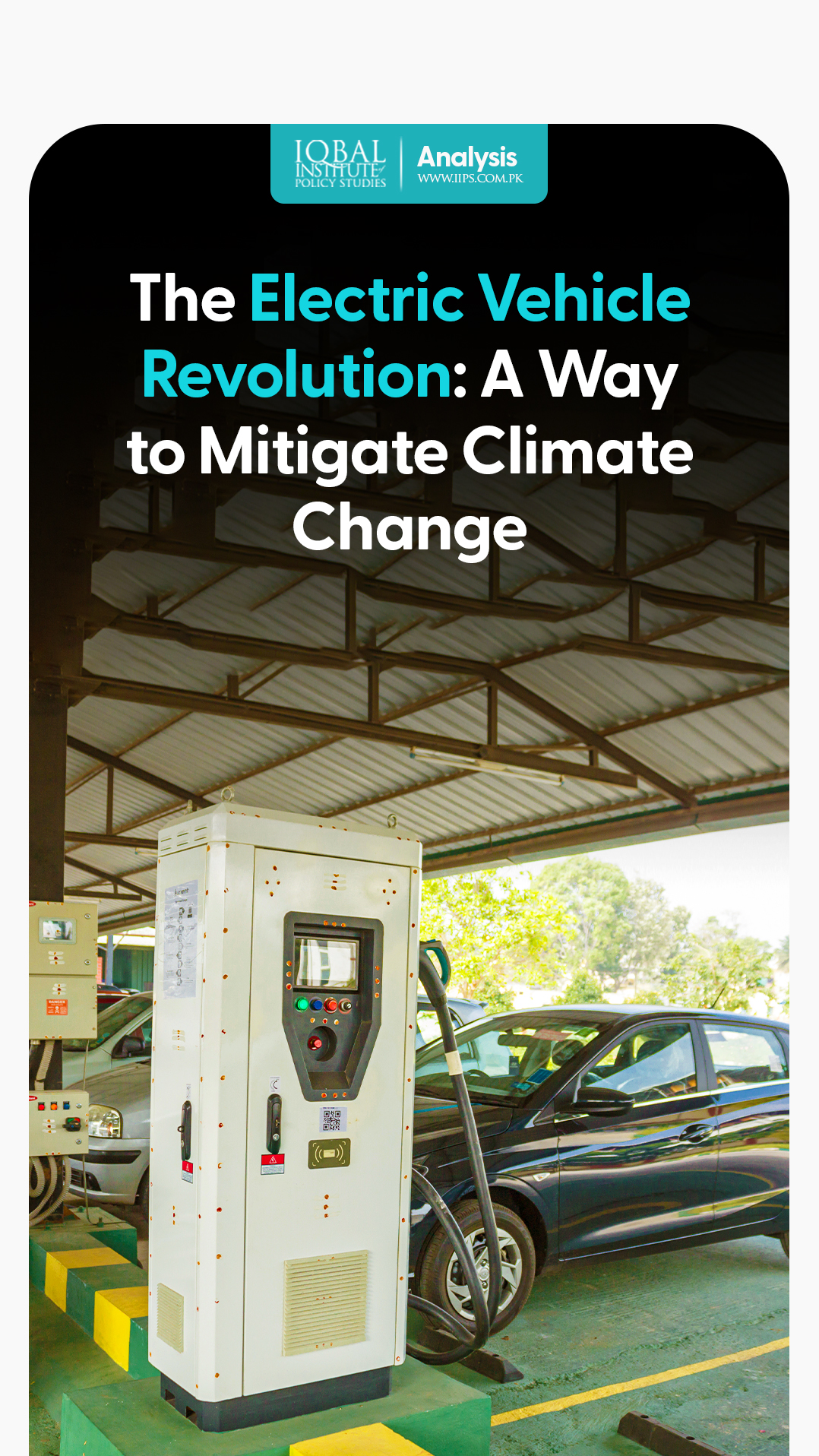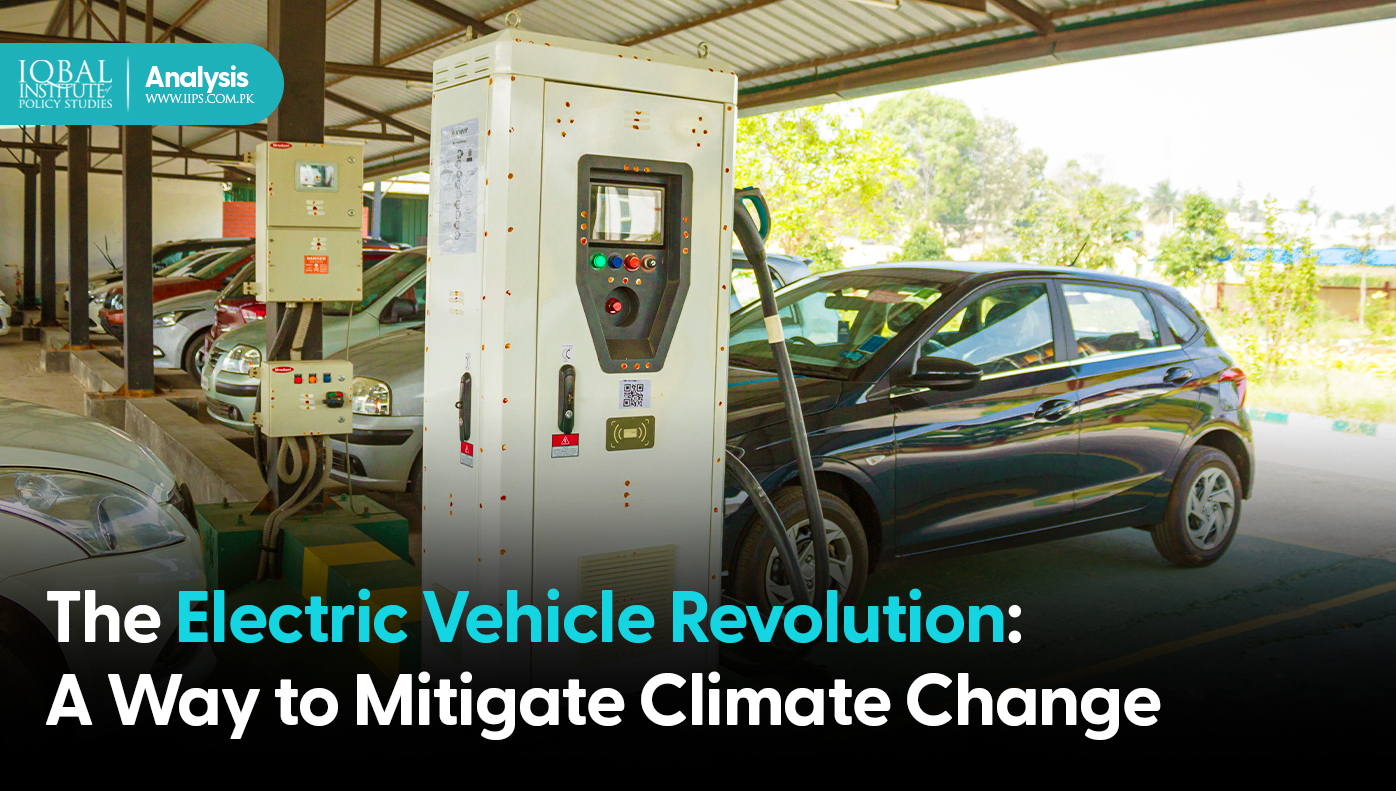Transport is considered the biggest source of air and noise pollution. Road transport is responsible for global greenhouse gas emissions driving climate change. It accounts for 23 per cent of energy-related carbon dioxide emissions globally, a major contributor to climate change (IEA,2021).
Pakistan generates less than one per cent of global greenhouse gas emissions, but it suffers the most from climate change, including effects like flooding, droughts, heatwaves and melting glaciers. According to the Climate Change Ministry, transport accounts for more than 40 per cent of the air pollution in Pakistan.
According to the Global Climate Risk Index 2020, Pakistan ranked fifth among the ten most-affected countries by extreme weather over the last 20 years. Pakistan, a country of 225 million people, has the most severe urban air pollution levels globally, stemming from increasing energy use and rapid motorisation (World Bank).
The number of vehicles on the country’s roads has increased from about two million in 1991 to more than 10 million (Dawn,2020). However, to reduce rising pollution levels and help mitigate the negative effects of climate change, Pakistan has approved a national electric vehicle policy with tax incentives to promote the production of electric vehicles and get more of them on the roads.
In the policy, the government has set a target to bring half a million electric motorcycles and rickshaws, along with more than 100,000 electric cars, buses, and trucks, into the transportation system in the next five years (Dawn,2020). Furthermore, the government aims to have about one-third of the vehicles in Pakistan running on electrical energy by 2030.
An electric vehicle is an environment-friendly vehicle that does not emit any pollutants that could cause air pollution. It requires low maintenance due to an efficient motor and gives better performance. Recently, Pakistan has launched its first-ever three-wheeled electric vehicle (electric rickshaw) to build momentum for its shift to electric vehicles.
The shift to electric vehicles is a win-win strategy as it can reduce global greenhouse gas emissions by nearly three-quarters and cut the cost of running a vehicle by 60 per cent.
To read more about our lates insights, visit Iqbal Institute of Policy Studies



Leave a Reply